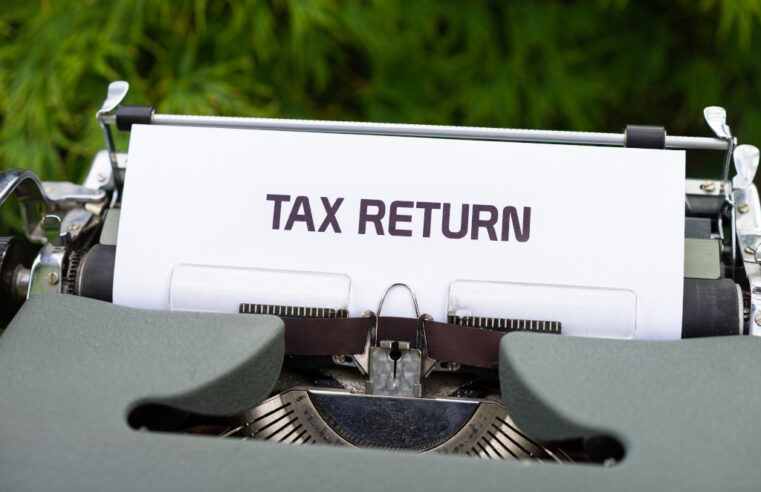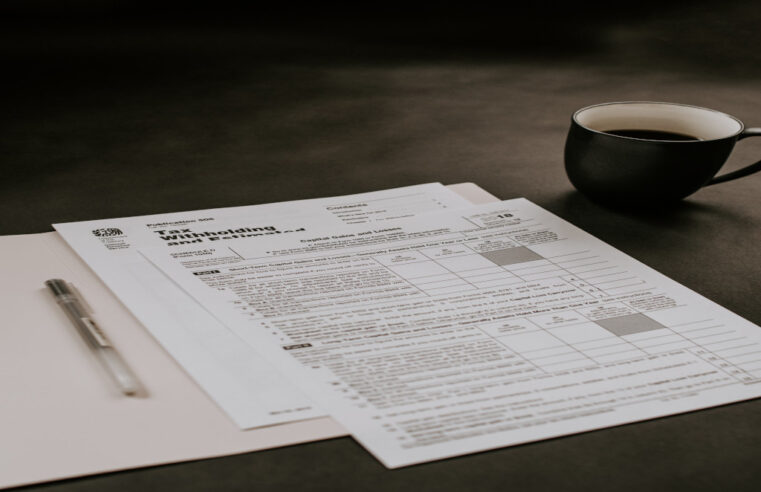Category: Legal Blogs
Maritime Laws in India
Historical Perspective India has a long history of marine trading both within and outside of its oceanic borders. Various historical documents claim that many merchants and traders travelled to India in ancient times to exchange products and services, and vice versa. In this field, numerous laws, rules, and regulations have been enacted. Post-independence, the Indian government gave careful consideration to enacting several rules and legislation to ensure safe and efficient maritime trade. Various laws implemented by the Colonial Government such as the Inland Steam Vessels Act, 1917, the Coasting Vessels Act, 1838, the Indian Ports Act, 1908, the Indian Merchant Shipping Act, 1923, the Merchant Seamen (Litigation) Act, 1946, the Control of Shipping Act, 1947, the Merchant Shipping Laws (Extension to the Acceding States and Amendment) Act, 1949, etc. All the above laws and statutes were not according to the prevailing Indian System. As a result, post-Independence, the government enacted new rules and ordinances to improve existing coastal trading practices. In addition to the above-mentioned Acts, British legislators enacted several laws and statutes governing various aspects of the Indian shipping sector between 1823 and 1940, including salvage, certification of seafarers, ship-liability, owner’s safety, and line conventions, and others. The jurisdiction for trial and adjudication of cases related to Shipping and Admiralty Acts in India was vested in the High Courts at Madras, Bombay, and Calcutta. Even during the post-independence period in India, the jurisdiction of Admiralty Courts of India was still with the colonial powers. In the case of M. V. Elisabeth v. Harwan Investment and Trading Pvt Ltd, it was held that the High Courts of India hold a superior status than any other Court of law for deciding matters within India. The Indian High Courts were said to have unrestricted jurisdiction and that their decisions were final and
Read MoreWriting as a Side Hustle: 3 Lawyers Who Have Made Publishing a Secondary Income
Many lawyers dream of pursuing writing as a side hustle. As these three lawyers show, there’s more than one way to make it work. Gone are the days when a law firm might only have a secondary income from a related business, such as a title company. Now, law firms and lawyers are moonlighting as business development consultants, app developers, coaches of all kinds, continuing education providers, and fiction and nonfiction authors. Talk about side hustles! And some are quite lucrative. Many lawyers have learned to harness the power behind their writing skills to build communities of like-minded individuals and reach a broader audience than those they serve every day. Why do they do it? There are myriad reasons. Primarily, a book is a lawyer’s way of standing out in the crowd. Given that thousands of people express a desire to write a book, yet only a small percentage actually follows through, becoming an author — even a self-published one — carries a certain amount of prestige. It also can help lawyers reach their target market, promote the collective experience within their firms, and position themselves as thought leaders. Three Paths to Writing as a Side Hustle Legal Publishing and Legal Apps With Greg Siskind Publishing books is a longtime side hustle for Greg Siskind of Siskind Susser PC in Memphis. He has either published or co-published several mainstream books through Thomson Reuters, the ABA and others. He even started his law firm using royalties he received from a popular publication he co-authored with a colleague. Siskind’s publishing house, Alan House Publishing, now has three immigration law books to its name, all co-authored by Siskind with colleagues in his firm. “A few years back, I saw the changes happening in the publishing industry and realized that an author could much
Read MoreA Sample draft of Franchise Agreement
FRANCHISE AGREEMENT SAMPLE DRAFT FRANCHISE-AGREEMENT FRANCHISE AGREEMENT THIS AGREEMENT (the “Agreement”) is made this ___day of ___, 20___, by and between: Burger Legal Private. Ltd., a company incorporated under the laws of India, whose office is at………………..; (hereinafter referred to as “the Franchisor”) AND Mr Rohit Pradhan, s/o Dayanand Pradhan, Resident of Patna, having its PAN Number ABCDEF. (hereinafter referred to as “the Franchisee”) The Franchiser and the Franchisee hereinafter collectively referred to as the “Parties” and individually as a “Party”. RECITAL WHEREAS: The Franchisor has developed methods for establishing, operating and promoting restaurant selling varieties of burger and fast-food products (“BURGER LEGAL Cafes” or “Cafes”) using the service mark “BURGER LEGAL” and related trade names and trademarks (“Marks”) and the Franchisor’s proprietary methods of doing business (the “Licensed MethodsThe Franchisor grants the right to others to develop and operate BURGER LEGAL Cafes, under the Marks and pursuant to the Licensed Methods.The Franchisee desires to establish a BURGER LEGAL Cafe at a location identified herein or to be later identified, and the Franchisor desires to grant the Franchisee the right to operate a BURGER LEGAL Cafe at such location under the terms and conditions which are contained in this Agreement.DEFINITIONS Commencement date shall be… Confidential information shallmean all information… Intellectual Property Rights shall include… Location shall mean the premises of the ABC Complex at Rohini, Delhi. Method shall mean the methods, techniques and processes developed by the Franchisor; Trademarks shall mean the names, trademarks and service marks owned by the Franchisor and include inter alia; Products shall mean, all varieties of Burgers, French Fries, Aerated drink and other eating items of the Franchisor bearing any of the Trademarks; Term shall mean the period fifteen years from the commencement date; Turnover shall mean gross revenue of the Franchisee’s store. GRANT OF
Read MoreSC admonished firecracker manufacturers for violating its orders
The Apex Court reprimanded ace firecracker manufacturers of India for using restricted chemicals like barium salts in the firecrackers. The bench considered this act of top six firecracker manufacturers as “flagrant violation” of its orders. In the instant case, the bench had been hearing an application which alleged that the firecracker manufacturers have violated the orders passed on February 10, 2017, which had banned the usage of certain chemicals. Their usage had been prohibited for the manufacture of firecrackers as the same were dangerous and beyond safety limits. The bench took into consideration the preliminary inquiry report which had been submitted by the Joint Director, Central Bureau of Investigation and recorded that its earlier orders on use of barium salts and labelling of firecrackers had not been complied with. The Additional Solicitor General, appearing for Ministry of Environment, Forests, and Climate Change, submitted before the bench that various research reports had been complied and mechanisms had been suggested to make sure that the earlier orders of Courts, w.r.t. the regulation of firecrackers, are complied with. However, the bench provided one last opportunity to the respondents to put forward their case and file their counter-affidavits in the case. Also, the bench pointed out that its direction for manufacture of green firecrackers had still not been implemented. The bench did not pass any fresh orders rather, directed the manufacturers to comply with its previous orders. The Supreme Court addressed the sufferings of general public and remarked that every-day celebration, which includes burning of firecrackers, could not be allowed as the consequences surge the sufferings of asthmatic people and children, and in some cases, it results in death of patients. The post SC admonished firecracker manufacturers for violating its orders appeared first on LexForti Legal News & Journal. Did you miss our previous
Read MoreBetter Presentations: How to Stop ‘Rough-Drafting’ and Learn to Speak with Precision
Why is it that so many lawyer presentations suffer from “hanging fragmentitis”? Here’s how to stop yourself from constantly editing, restarting and revising out loud. When we speak, why do we so often fail to finish our sentences? Linguists must know the answer to this question, but I am at a loss. All I’m sure of is this: Lawyers find it difficult — often impossible — to finish sentences. They have some kind of built-in resistance to committing to a period. Commas, ellipses and random question marks — yes. Periods — no. Here’s what I mean. A lawyer stands up to make a presentation to colleagues, an opening statement or a motion to a judge. She states her topic or theme, often (but far from always) in a single sentence. And then, she’s off to “The Land of the Never-Ending Sentence.” There isn’t a period to be heard for minutes on end: “Mrs. X has been afraid for her life since the night her husband stabbed her with a kitchen knife.” (This is the complete sentence.) “Mr. X had threatened her on numerous occasions, and the police had been … uh … called to their residence more than once and in 2009 alone officers were called by … uh … by either a neighbor or the caretaker of the condos or even by Mr. X himself … uh … on one occasion, and so she has been scared and worried, especially for the … um … effect of the potential violence on her two young daughters, who she sent away to live with her … um … sister.” And so on and on … and on. Eventually, the story emerges from the thicket of verbal litter. Participles dangle, prepositional phrases attach themselves, as if by their own accord, to the
Read MoreSeven Ways You May Be Sabotaging Your Business Development Efforts
In initial meetings with lawyers, I like to have them tell me what they’ve done in marketing and business development — what has worked and what hasn’t and what they are trying to accomplish. I’ll never forget my first coaching meeting with one junior partner. When I asked her for her business development goals, her response was simple: “I just want to stop shooting myself in the foot.” She made a good point. Whether it’s informal conversations with referral sources or formal presentations with prospects, lawyers often are their own worst enemies. There are many things you should — or shouldn’t — do when faced with a business development opportunity. Avoiding missteps will vastly improve your odds of success. Seven Common Business Development Mistakes Here are some of the most common errors I see lawyers make in their business development efforts. 1. Lack of preparation. Thinking about the meeting on the drive over to the client’s office isn’t sufficient. One of the keys to an effective approach is to be well-prepared. This includes researching the company, the person, the opportunity and the competition, among other things. It also includes preparing your approach — how will you open the meeting, what roles will people play, what questions do you need answered, what are the primary points you want to make … the list goes on and on. 2. Lack of messaging. One of the goals of your preparation is to anticipate concerns or inquiries that might come up in the meeting. What objections might prospects have to hiring you? What questions might they ask about the firm or your experience? For example, a target may ask you how your firm differs from the competition. Without an appropriate and concise response at the ready, you can come off as uncertain or even defensive.
Read More










